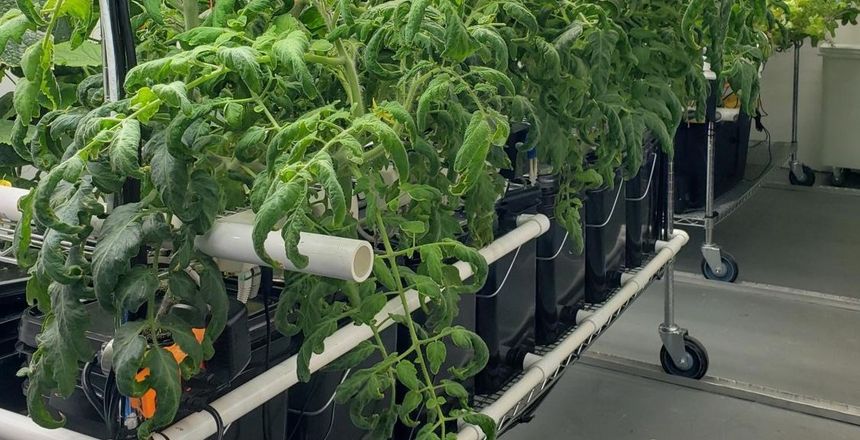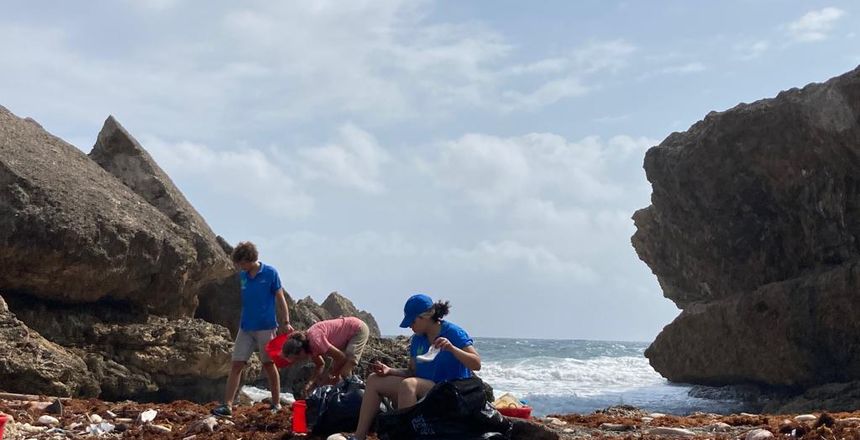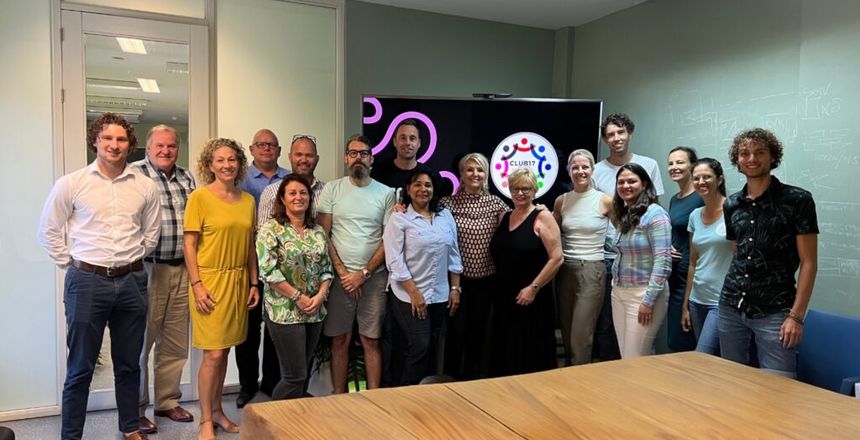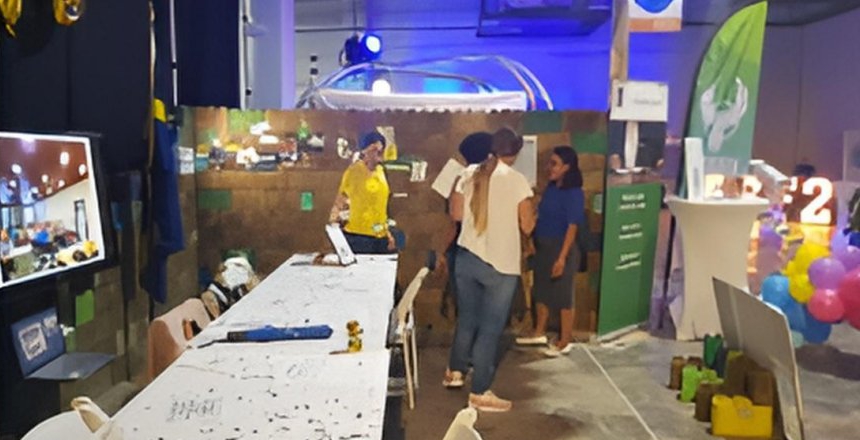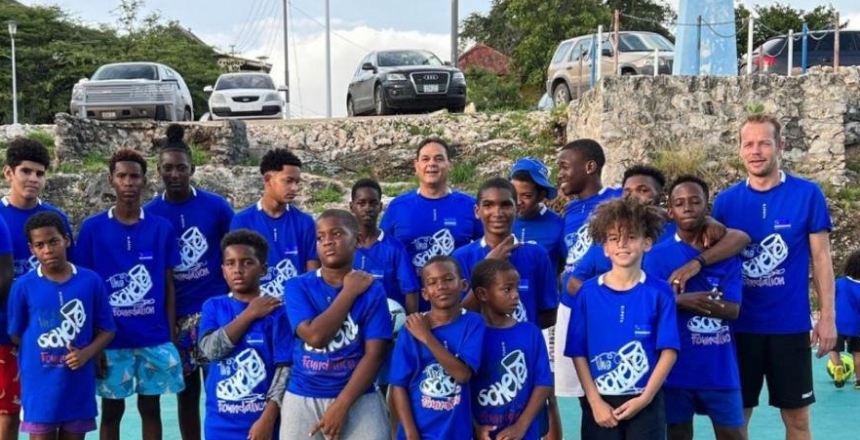Projects Circular Economy Smart WorkPlace Social Improvement
3 min.
Back in April, when we covered World Water Day 2021, we made references to one of Saba’s and indeed the entire Dutch Caribbean’s most promising projects in terms of sustainability and circular working practices, Gezondheid Farms. At the time, the focus was the hydroponic farm’s excellent water resource management practices that led to a lot less water being needed for the cultivation of fresh local produce. Now, about half a year later, the ambitious hydroponic horticultural project has announced that it is ready to advance to phase 2 of its development as 50% of its infrastructure has been completed.
Product confidence as basis for continuation
In order to maximize its chances of getting approval to move into phase 2 of its development from the Dutch Ministerie van Landbouw, Natuur en Voedselkwaliteit (Ministry for Agriculture, Nature and Food Quality), Gezondheid Farms aimed at getting its first locally produced crops to market as quickly as possible. As a result of this objective, Saba locals could buy authentic farm-to-table lettuce and herb varieties at the local Big Rock supermarket over the past few months. The next step would involve increasing the variety of crops with products like tomatoes, cucumbers and strawberries, but these require a more expansive hydroponics infrastructure.
Over the coming four months, Gezondheid Farms will run grow trials for the previously mentioned crops as well about 15 other variations, including blueberries, cantaloupes and eggplant. The company will use these trials to collect key data, such as humidity levels, water quality and air temperatures, needed for the optimal cultivation of these crops. As the project runners state, they will “transition crop production from indoors to outdoors on concrete floors to conserve energy in fenced rectangular greenhouse frames with small hurricane-rated metal buildings available to wheel production into during bad weather events”.
Focus on sustainability
The company continues to elaborate on the way in which it focuses on sustainable practices to make its hydroponic project a major success. “We will utilize the sun rays in specialized hydroponic systems on wheels that have unique airflow systems to address high humidity issues, pests, and mold spores in the air with minimal electrical power needs from the farm. It’s a true hybrid system with the best of both worlds, sunlight utilizing computer-based food safety measures to insure crop product year around, non-stop”.
The completion of the infrastructure construction will take at least a few more months, but as explained before, Gezondheid Farms will use this time to collect as much data as possible from its growing trials. In the meantime, as usual, people with an interest in sustainability and local projects on the island of Saba are always welcome to request a tour of the project. You can get in touch with Jim Garza at jim@gezondheidfarms.com for more information.
At Future Islands, we are also available to answer your questions and to provide you with references regarding the Gezondheid Farms project. Just get in touch with us here!
The basis for this article was originally published on www.saba-news.com and others in September 2022.

